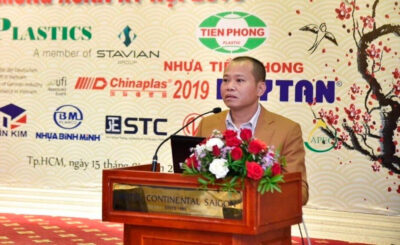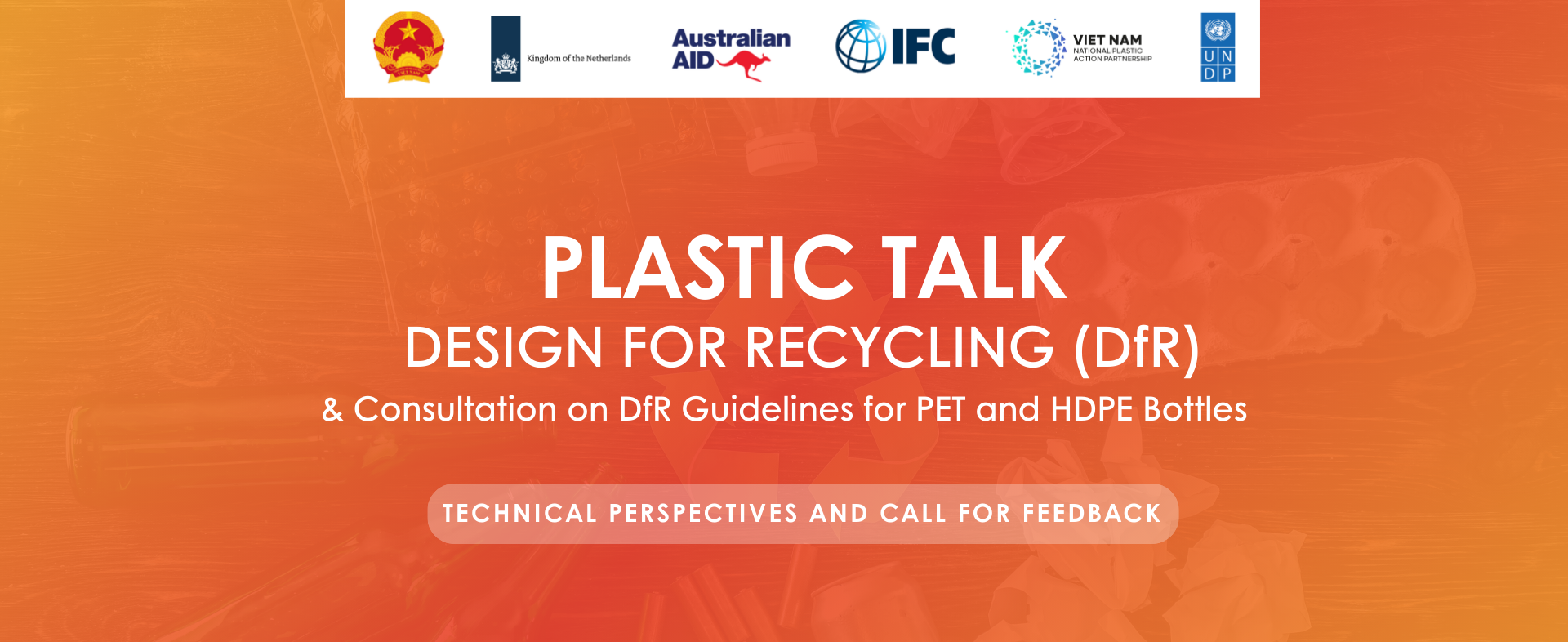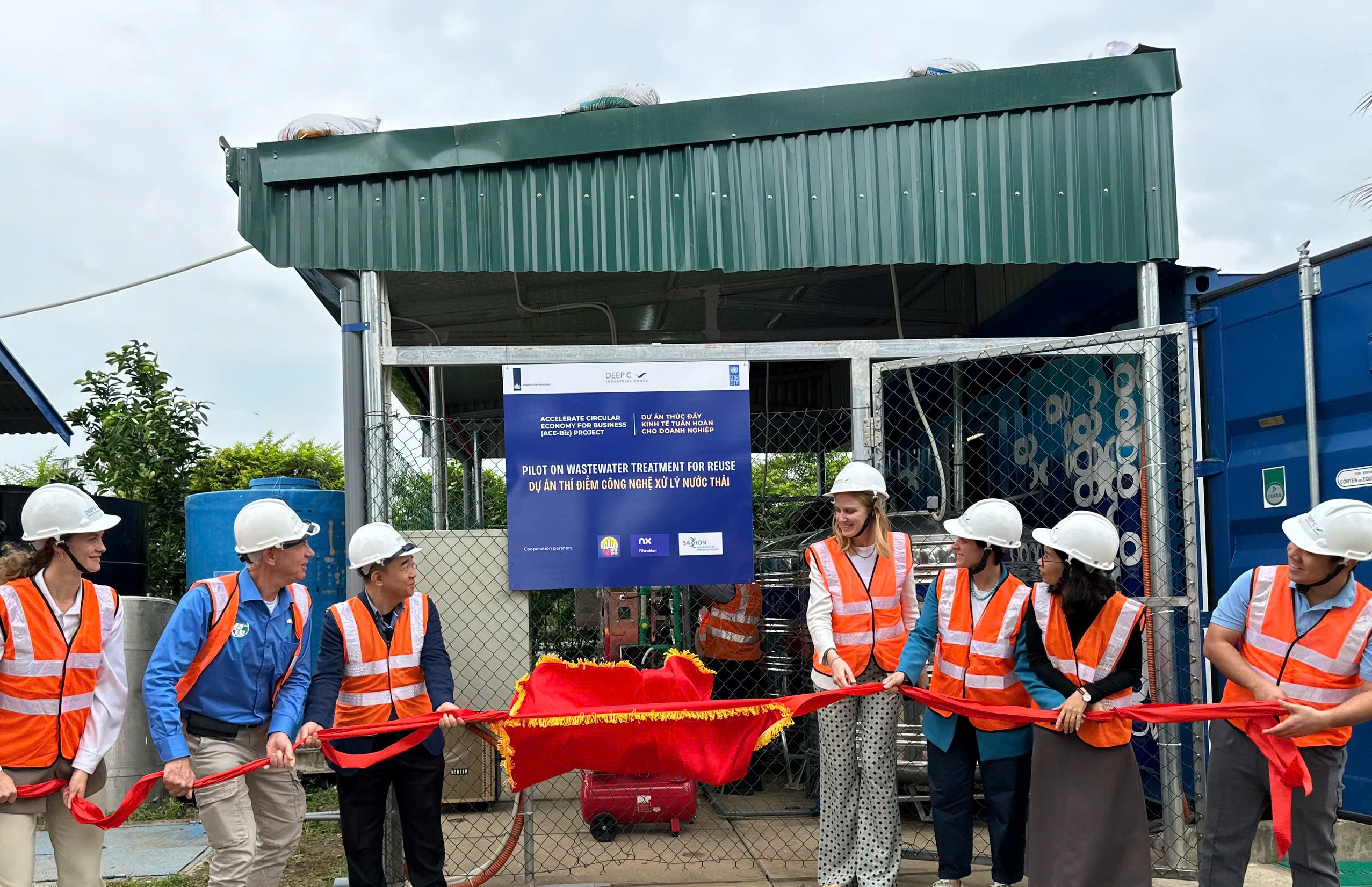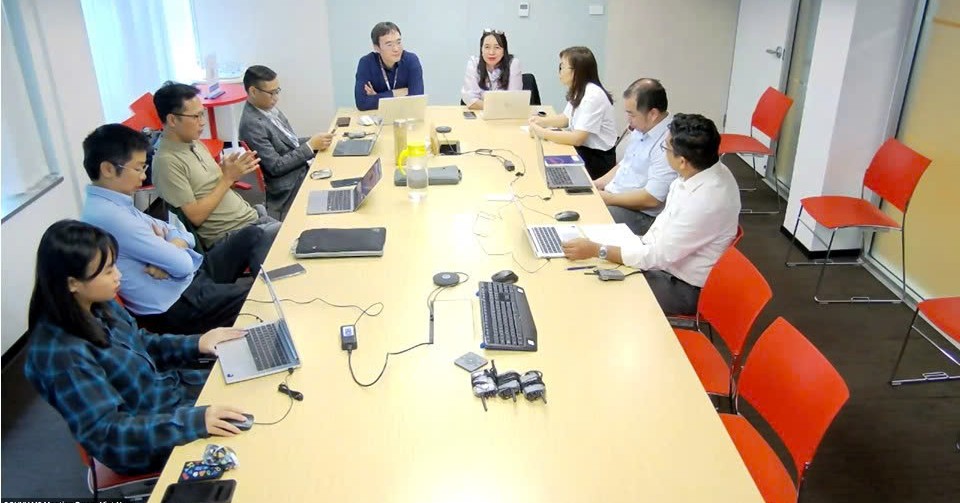
(Mr. Hoang Duc Vuong, Chairman of the Recycled Plastics Association (Viet Nam Plastics Association)
Reporter: The Environmental Protection Law of 2020 sets out the basic principle of the extended producer responsibility (EPR) mechanism. Currently, MONRE is also developing a specific legal framework to guide the implementation. Could you tell us about the benefits that EPR brings?
Mr. Hoang Duc Vuong:
The EPR is a breakthrough tool of the Government in environmental protection, towards a circular economy. The implementation of this policy is a big challenge for managers and businesses, but it is an inevitable trend with some basic benefits such as: Promoting the collection and recycling system of both packaging and Products of little value, difficult to recycle, are polluting the environment and overloading landfills like today. At the same time, encourage businesses to make efforts to design ecological products and packaging with higher collection and recycling capacity, thereby reducing costs and burden for recyclers.
In addition, this policy has the potential to assist the recycling industry in converting a simple, low-quality recycling system to a high-quality, advanced, modern system; generate large, high-quality recycled output that increases demand and creates a market for recycled products; To limit the financial risk for recyclers due to unsafe and economically viable recycling, the support from EPR will solve this problem.
Reporter: In your opinion, what effect will the circular economy in general and the EPR policy have on recycling craft villages in particular and the recycling industry in general?
Mr. Hoang Duc Vuong:
The EPR policy stipulates the extended responsibilities of manufacturers for 6 groups of products including: packaging, batteries – accumulators, lubricants, tires, electronics, automobiles – motorcycles. Most of these items after disposal are being recycled in craft villages. For many years, we have not had proper recognition, guidance and investment, so many craft villages have generated serious pollution, especially harmful to the workers themselves. .
Implementing a new policy, forcing businesses to collect and recycle or hire businesses to collect and recycle packaging and products. This is the driving force for craft villages to form recycling businesses that ensure the environment, creating a more thorough and larger waste collection market, which means creating more jobs, increasing income.
When businesses carry out the extended responsibility of manufacturers, they will have to shake hands with the scrap collection and recycling system, which means that this system is taken care of and placed in a higher position of the economy.
I personally think that, when implementing the policy, each recycling craft village will shift into two trends, some large recycling households will combine to establish recycling businesses and move into industrial zones, carry out environmentally-friendly recycling to receive support, the rest will do the work of collecting and sorting to provide recycling businesses. Thus, the recycling in craft villages will decrease sharply, the pollution problem in craft villages will be solved.
Reporter: So, what do we need to do to avoid a conflict of interest between the official recycling group and the recycling craft village?
Mr. Hoang Duc Vuong:
As I said above, the enforcement of an extended liability policy by the manufacturer does not create a conflict of interest between recyclers and recycling villages.
This policy creates cash flow, increases funding for larger recycling collection than before, makes the recycling collection market stronger, individuals and organizations operating in that market all benefit. Recycling businesses supported by the policy will compete to collect and recycle with larger output, higher prices, and more income for the informal collection system. Meanwhile, recycling households have the opportunity to transform from simple, polluting recycling into advanced, environmentally-friendly recycling businesses.
Reporter: Thank you very much!
Pham Oanh, Natural Resources and Environment Newspaper
















